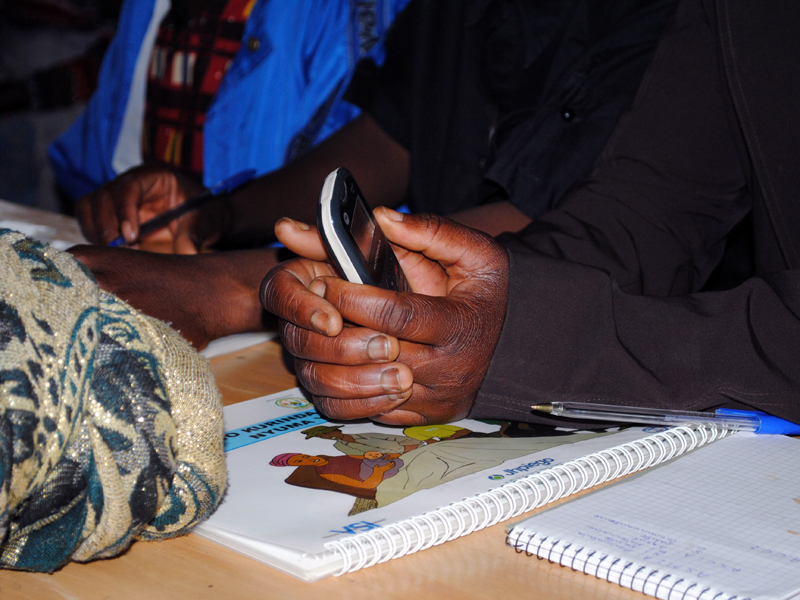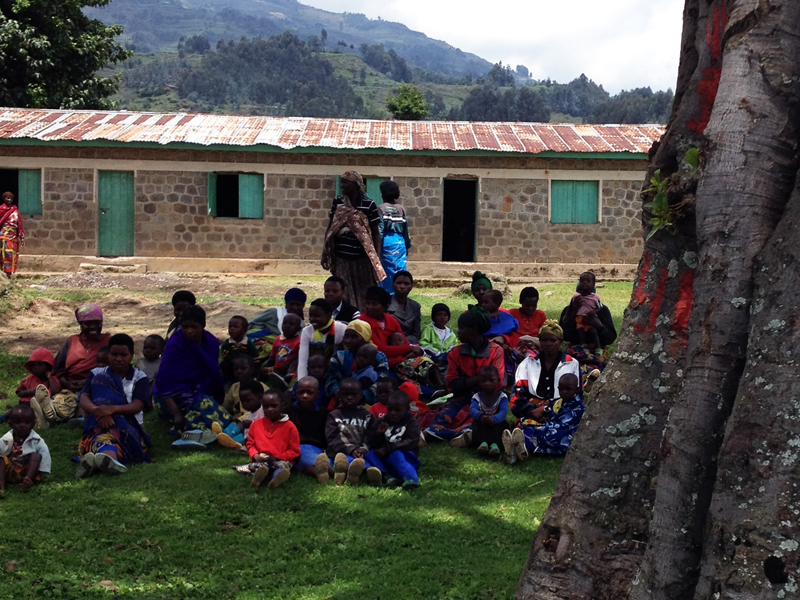Wednesday started off a 3-day nationwide Maternal and Infant Health campaign in Rwanda. This campaign is repeated twice annually and provides free vaccinations, de-worming medications, vitamin supplements, health lessons and more, specifically targeting pregnant women and children through the end of secondary education. Every Health Center in the country prepares and hosts multiple sites in their Sector where women and children are able to come and benefit from the services.
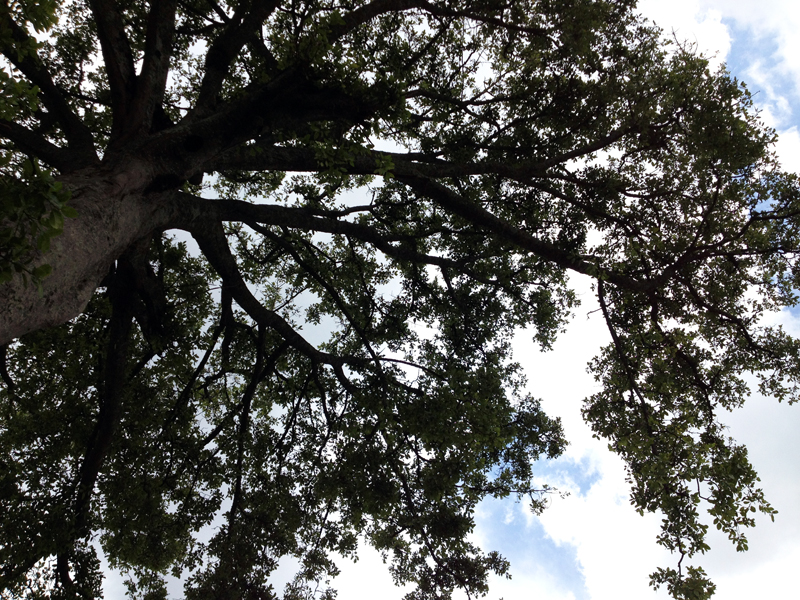
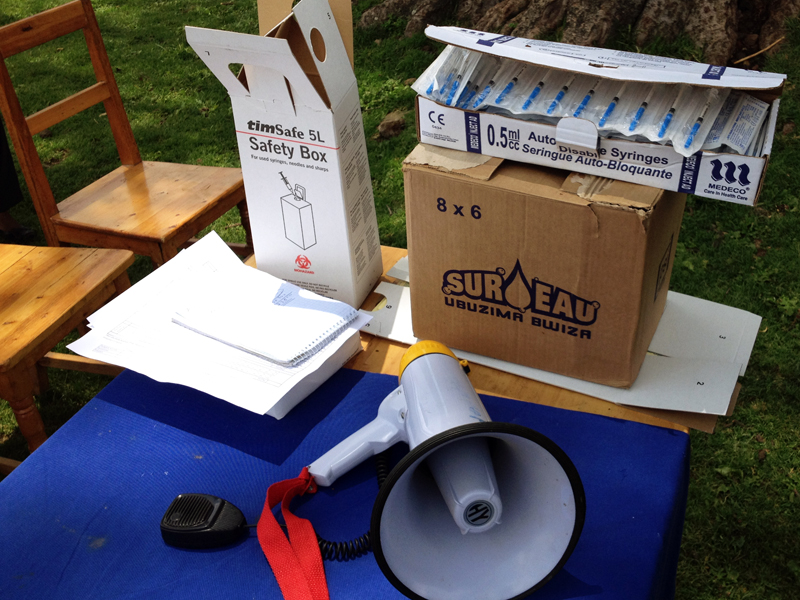
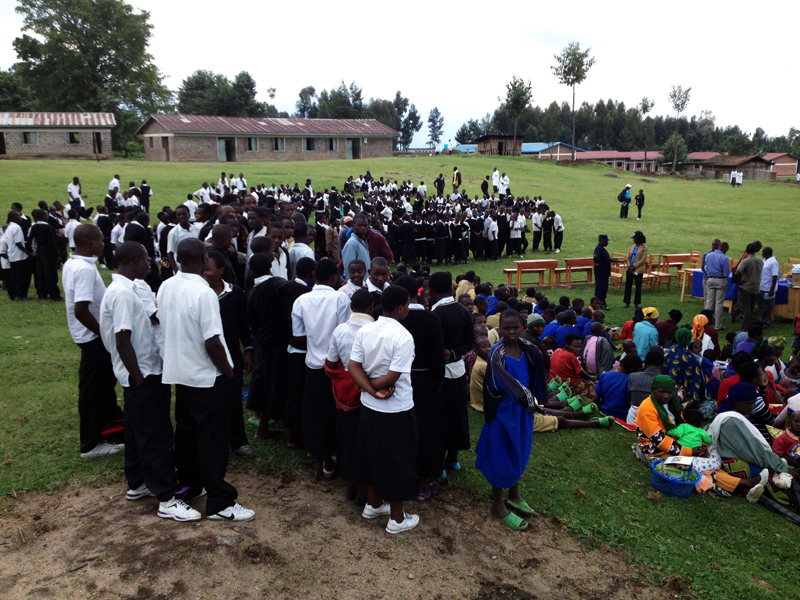
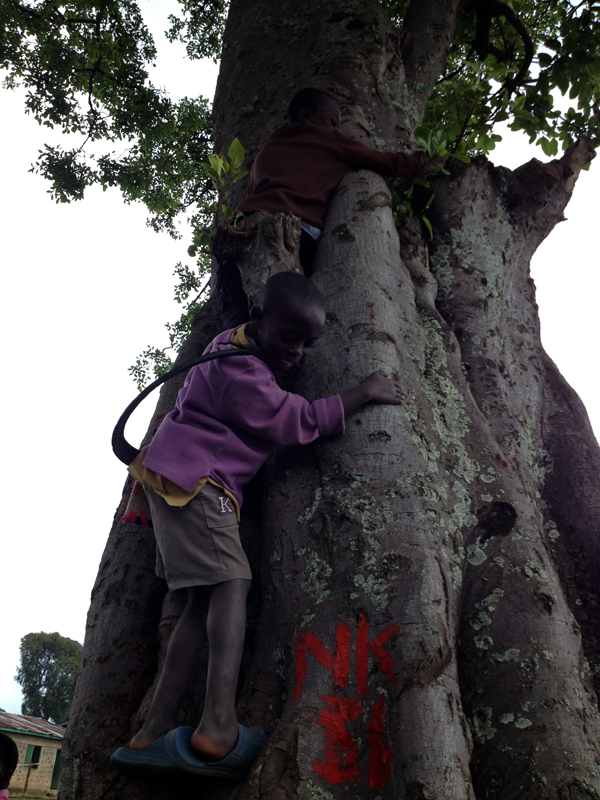
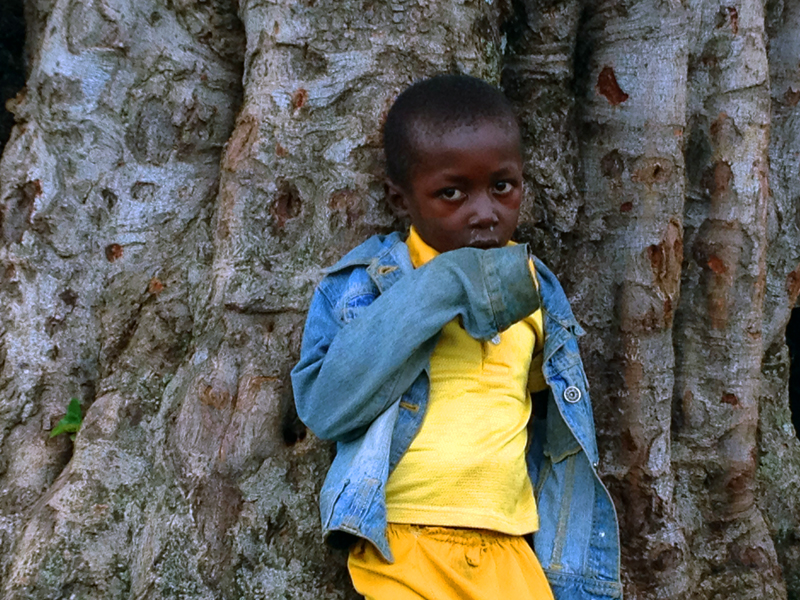
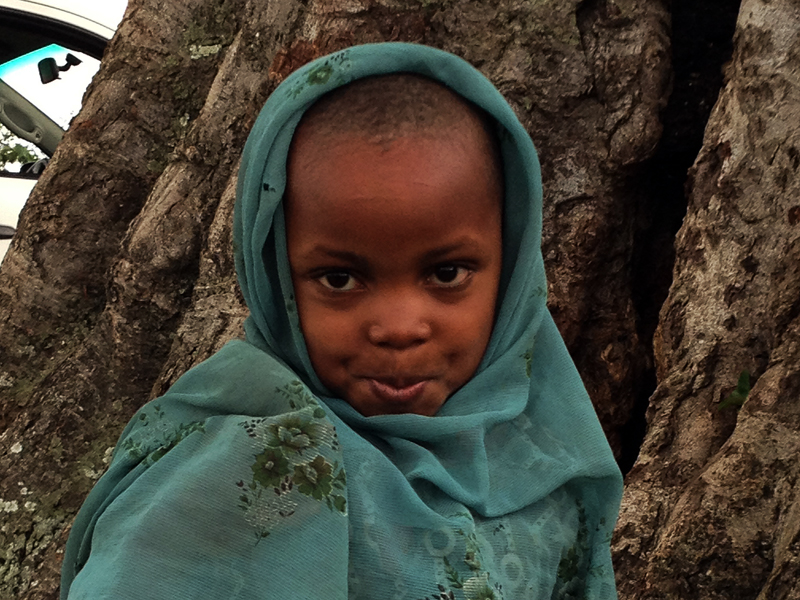
It was a great site to see so many people show up for the services and listen to the various lectures on health, with this campaign’s tagline being “Real Men Support Family Planning.” Love it. The campaign was well timed for The Access Project Musanze team, since this past week we wrapped up a two-month informal look at Maternal and Infant health in Musanze District. The results of which have been put together into a concise report highlighting the major best practices and gaps to adequate health care for pregnant women and infants in the area.
Our team placed 5 skilled nurses at various health facilities around the district where they observed and followed specific cases of maternal and infant patients. The nurses interviewed patients, verified patient charts, talked with staff, and simply observed the care given to each patient. My coworkers and I met twice a week with the nurses to review the issues illustrated by each case that they were able to present.
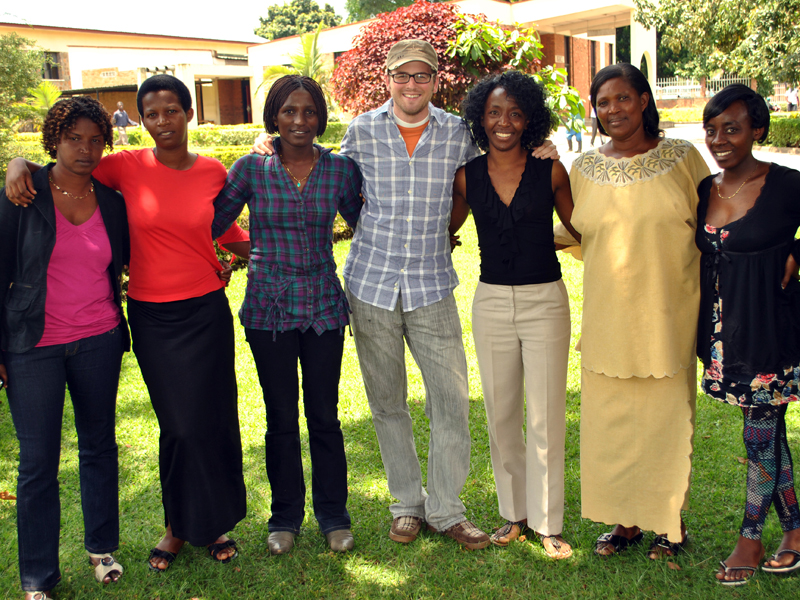
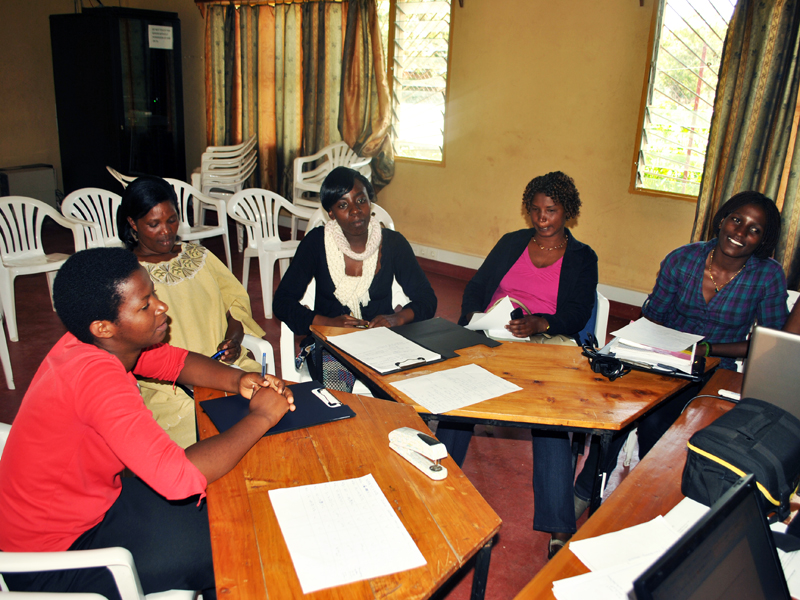
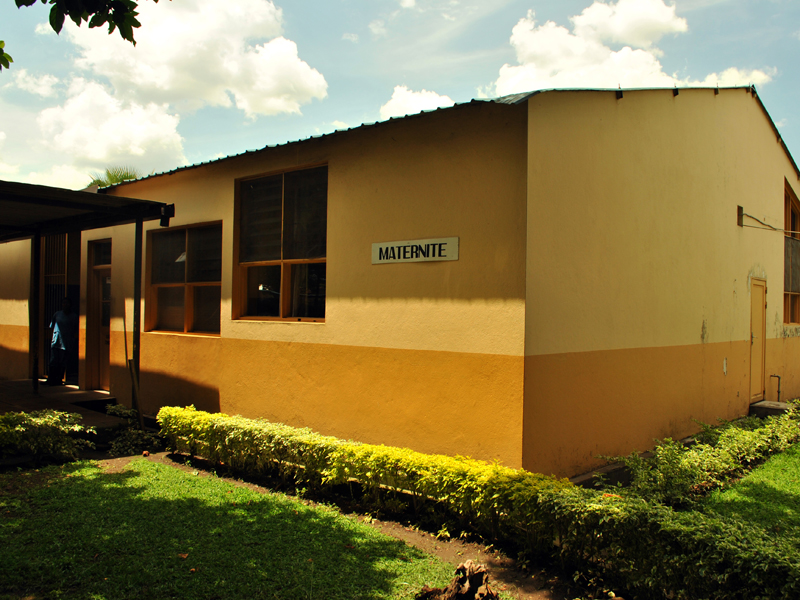
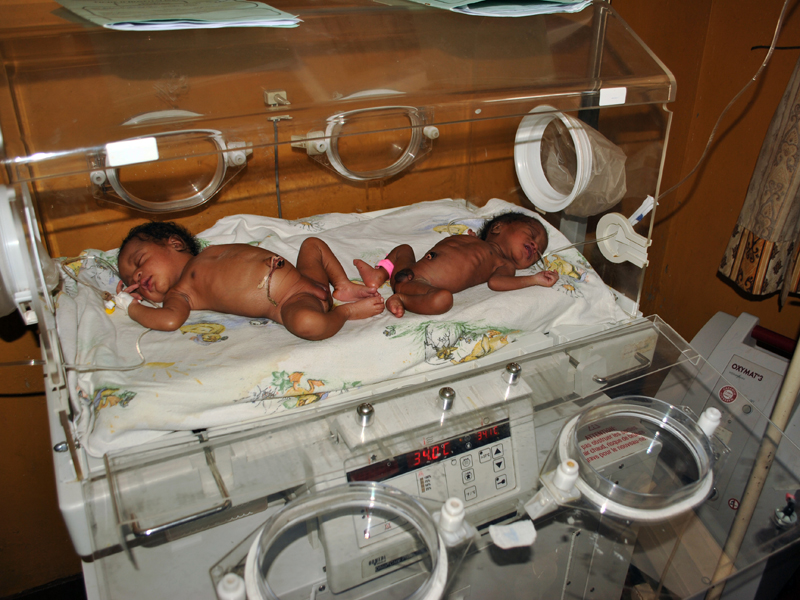
This informal look into the maternal and infant health of the district showed gaps at all levels of care, including community-based knowledge gaps, traditional beliefs and customs, transportation issues related to distance or availability of ambulance services as well as gaps at the health facility level revolving around limited staff, training or equipment available at the health facility. We were also privy to some great practices showing initiative and creativity on the part of Community Health Workers, mothers in the community and health providers. These findings are now going to be used to develop strategies that The Access Project will begin implementing to improve overall health for mothers and infants in the district, with the hope that Musanze can serve as a model for the country for maternal and infant health indicators.
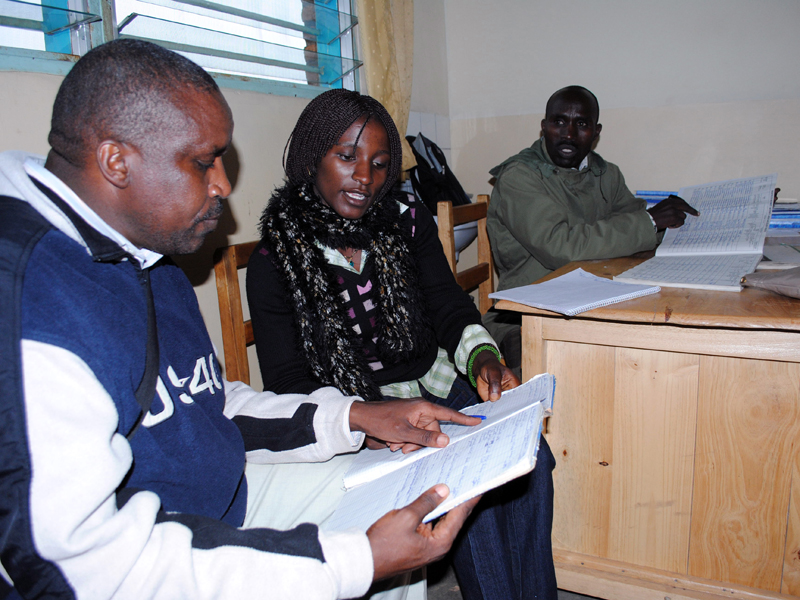
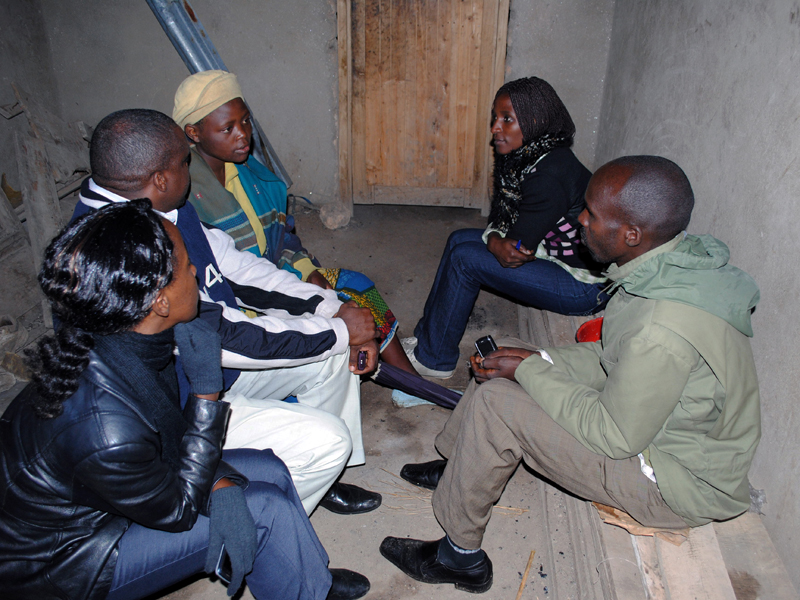
It has been great being a part of the project from the beginning, and we are now at an exciting phase in the program where the development of health interventions will begin, as well as a more comprehensive look into the health indicators of mothers and infants in the district.
In other exciting news, as part of The Access Project’s emphasis on improving maternal and infant health in the district, one of my favorite projects I’m working on involves the further development and effectiveness of the nation’s RapidSMS program, a text-message-based technology allowing Community Health Workers to report in real-time updates on maternal and infant health, including the ability to request immediate ambulance services via text messages! That program, however, will have to come in another post, in the meantime, be excited about it!
